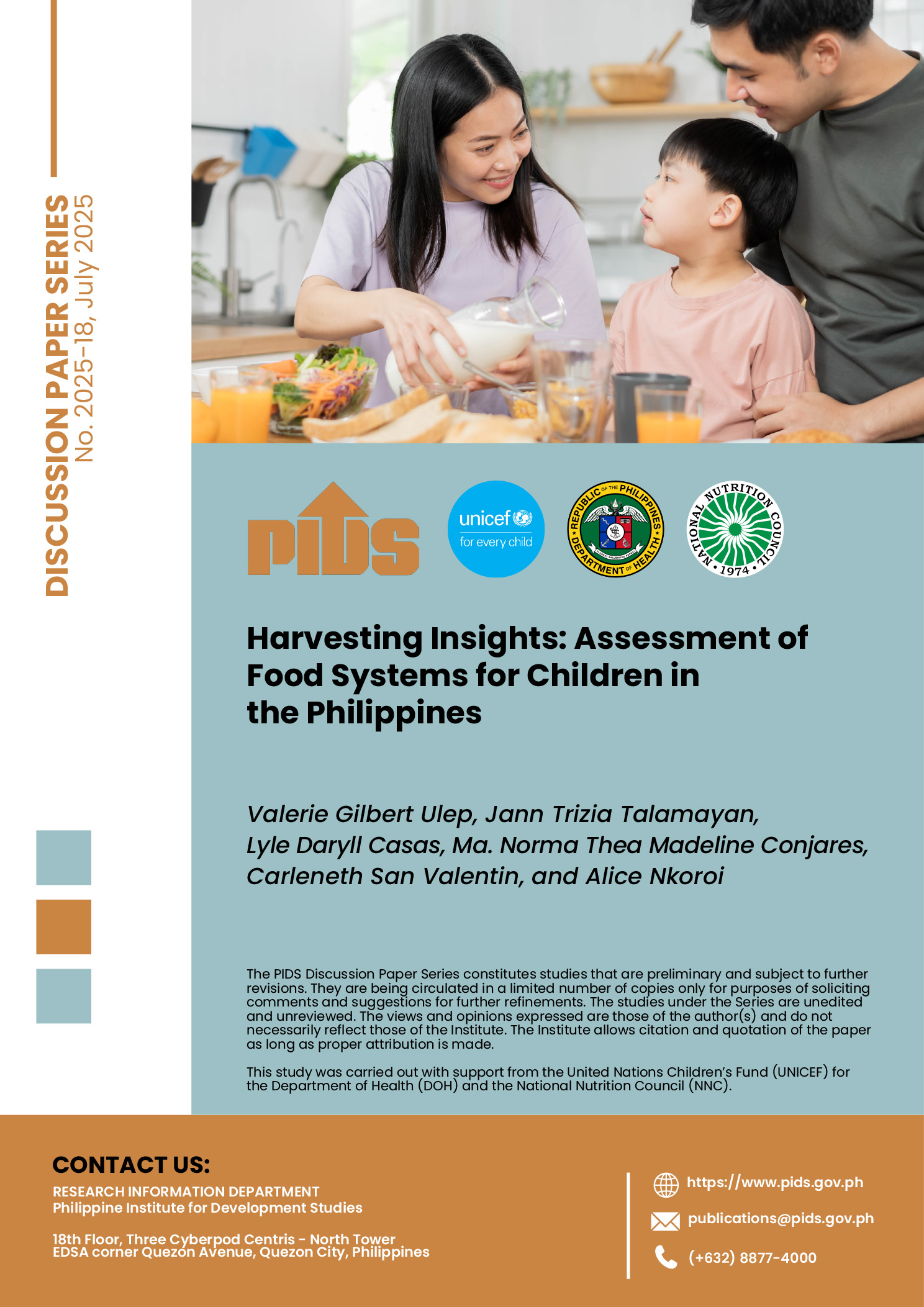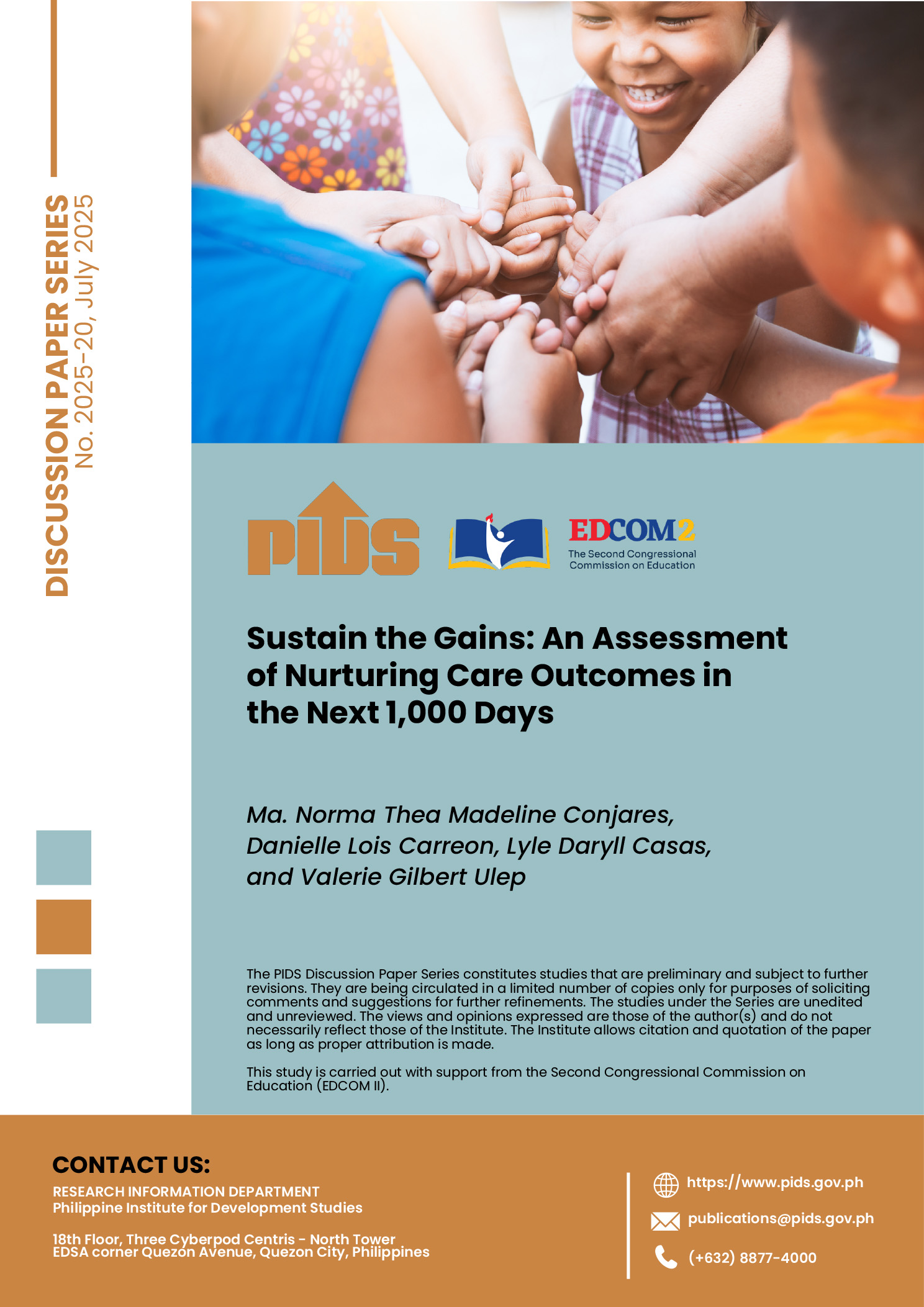Administration Sen. Francis Tolentino stepped up the clamor for the Duterte administration to boost the growth of the local medical industry by prodding the Board of Investments (BOI) and the Philippine Economic Zone Authority (Peza) to front-load efforts to set up pharmaceutical manufacturing zones, or pharma zones, in the country.
Citing projections the local pharmaceutical market’s growth is seen to reach over P241 billion in 2025 ensuing from the Universal Healthcare Law, the senator filed Senate Resolution 508, urging Peza and the BOI to fast-track the establishment of pharma zones to propel the growth of the medical industry.
“The local pharmaceutical market will grow to reach P241.9 billion in 2025 following the implementation of the Universal Healthcare Act, based on a recent analysis made by the England-based GlobalData London,” Tolentino pointed out.
For instance, he reported that the local pharma industry currently infuses about P146 billion in economic output annually, adding that it “employs more than 60,000 Filipinos and supports close to 100 other industries in the country.”
Tolentino recalled that during the budget deliberations last November, Congress was informed about the proposal of a western pharmaceutical giant to establish a manufacturing plant for Covid-19 vaccines “to cater the needs of nations affected by the global pandemic.”
In a news statement, the senator suggested the Duterte administration can “take advantage of the current situation amid the pandemic since expanding the pharma zones can boost the country’s GDP by up to 4.5 percent, which was projected by IMS Consulting in a study commissioned by the Pharmaceutical Healthcare Association of the Philippines [PHAP].”
He noted that accelerating the establishment of pharma zones under the Peza will not only give Filipinos better access to cheaper medicines but would also “help stabilize the pandemic-stricken economy.”
“Expanding the so-called pharma zone has both short and long term goals since aside from providing the public with locally manufactured but less expensive vaccines just like in the case of Covid-19 disease, it can also bring forth more investments and jobs for the pandemic-stricken economy,” Tolentino added.
Citing findings by the Philippine Institute for Development Studies (PIDS), the senator stressed that despite limitations in the delivery of health services, the Philippines remains “one of the biggest pharmaceutical markets” in Southeast Asia, next only to Indonesia and Thailand.
He added that to date, over 55 vaccines against measles, pneumonia, diarrhea, and rubella have been made available in the local market by research-based pharmaceutical companies.
For instance, Tolentino named the First Bulacan Industrial City, established in 1991 and dubbed as the “Pharma City of the North” that currently houses several firms, such as Lloyd Laboratories, Lumar Pharmaceutical, Pascual Laboratories, Cosmetique Asia, Cargill Philippines, Northfields Laboratories, Transcend, and Medi-RX Laboratories.
Moreover, the senator listed the Phase II expansion of the Bulacan Industrial City that, he said, would house the proposed Pharma City II and was “just awaiting the go-signal from Malacañang.”
Tolentino reports that the local pharma industry currently infuses about P146 billion in economic output annually—employs more than 60,000 Filipinos and supports close to 100 other industries in the country.
Tolentino pitches for expanded ‘pharma zones’ for pandemic-stricken economy












